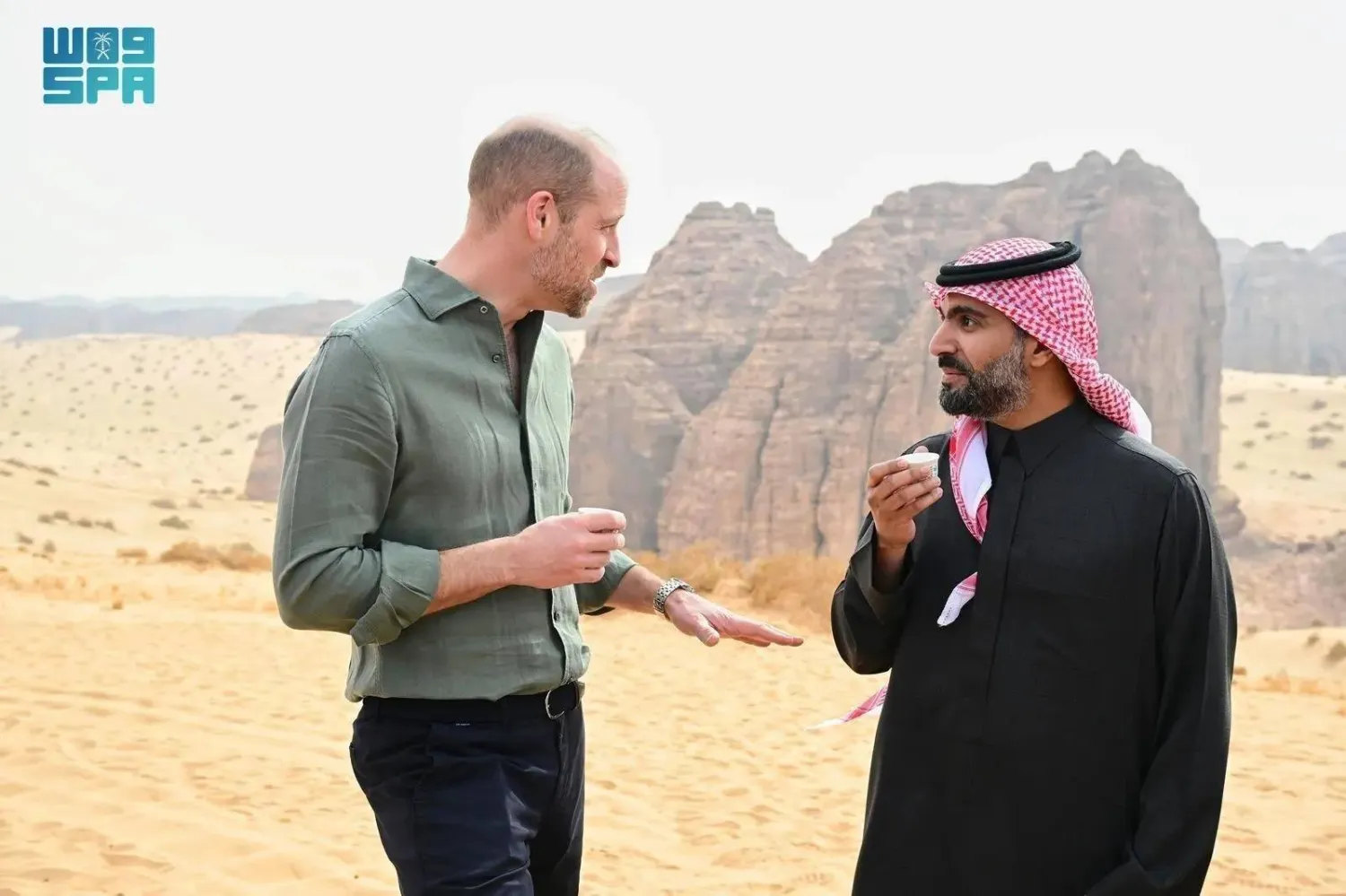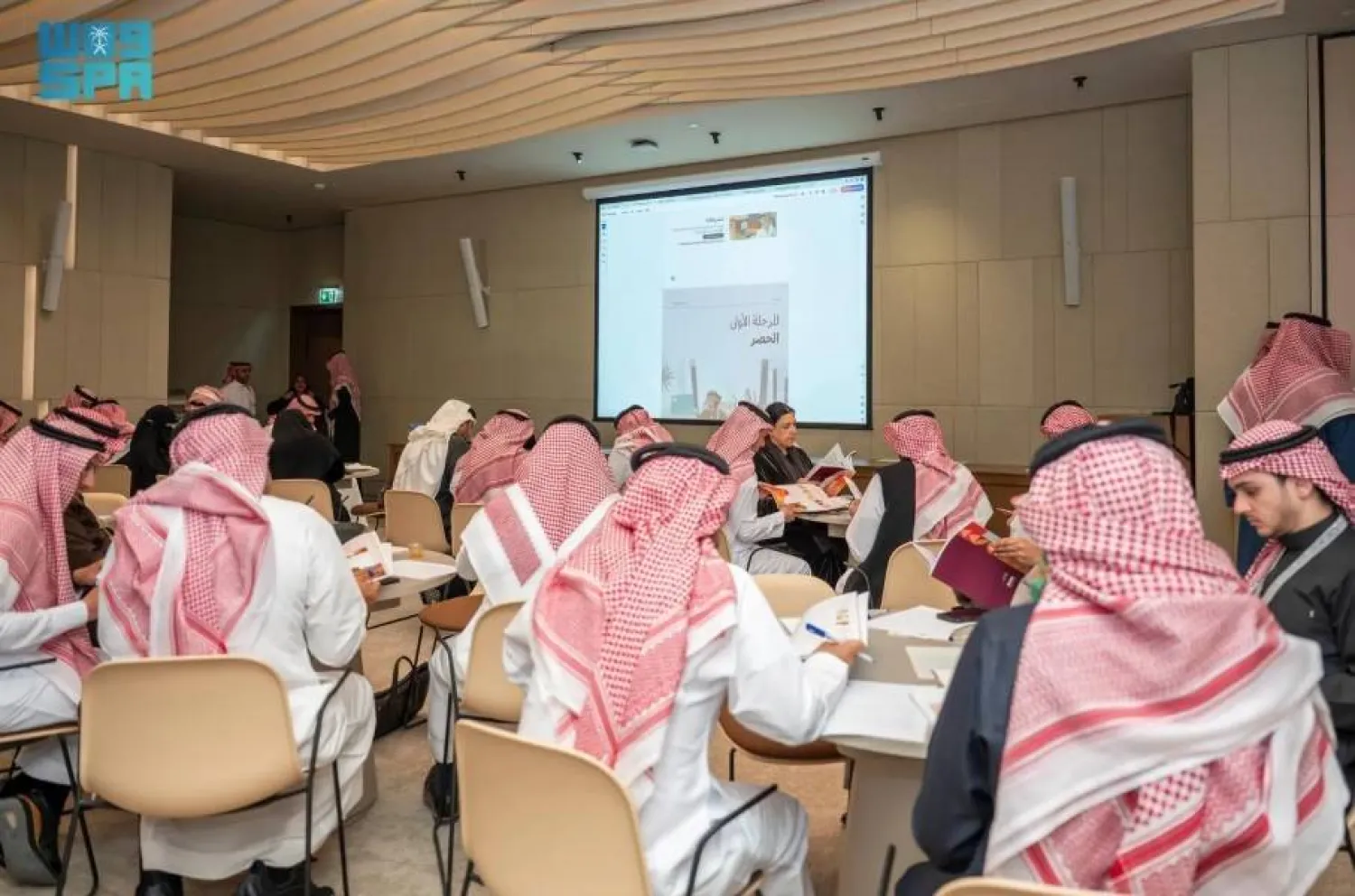Greece's government on Tuesday accused Britain of showing "a lack of respect" by abruptly cancelling a meeting between their leaders at short notice in a dispute over ancient Greek sculptures brought to Britain in the early 19th century.
British Prime Minister Rishi Sunak cancelled a planned wide-ranging meeting with his Greek counterpart Kyriakos Mitsotakis after the latter raised the decades-old demand for the return of the Parthenon sculptures from the British Museum.
"This is not common, we are trying to find a precedent and we can't," said Pavlos Marinakis, a spokesman for the Greek government. "It shows a lack of respect to the prime minister but also to the country he represents."
Greece has repeatedly asked the British Museum to permanently return the 2,500-year-old sculptures that British diplomat Lord Elgin removed from the Parthenon temple in the early 19th century when he was ambassador to the Ottoman Empire.
About half the surviving marble works are in London, and the rest in a museum under the Acropolis in Athens.
Appearing on the BBC over the weekend, Mitsotakis compared the separation of the sculptures to cutting the Mona Lisa in half, a characterization rejected by British government.
Marinakis said the planned talks between the two leaders were meant to have been on global issues, including the wars in Gaza and Ukraine, migration and the climate crisis.
Sunak's decision to cancel the meeting was also criticized by some British opposition parties and a campaign group backed by British politicians from different parties who want to resolve the issue.
The group, the Parthenon Project, has proposed a deal that would see the sculptures reunified in Athens - without Britain and Greece needing to agree on who owns them.
Ed Vaizey, a former Conservative culture minister who advises the group, said that Sunak's action was a "plot twist" given Britain's previous stance that resolving the issue was a matter for the British Museum itself.
"The prime minister has put himself at the front and center of row that he didn't really need to put himself at the front and center of," Vaizey told Sky News.
"I don't think the prime minister needed really to intervene in this way and it hasn't particularly helped our relationships with Greece."
Sunak's office on Monday said Britain's relationship with Greece was "hugely important" and that the two countries needed to work together on global challenges.









